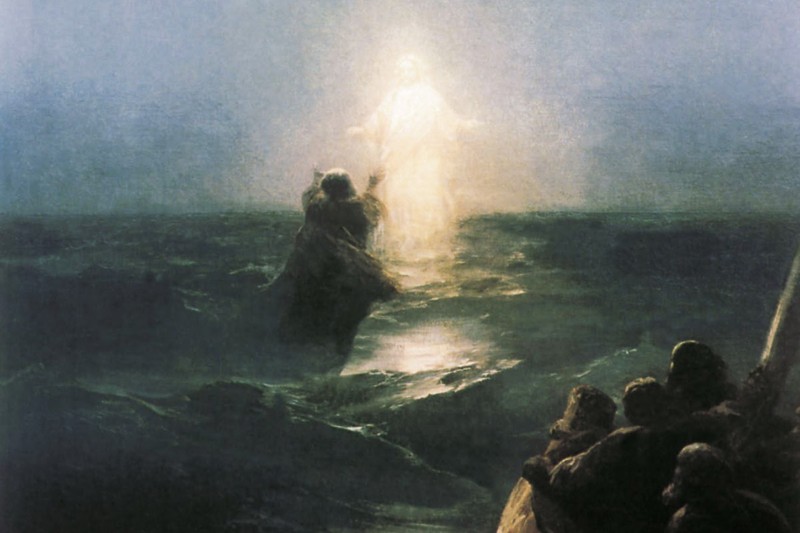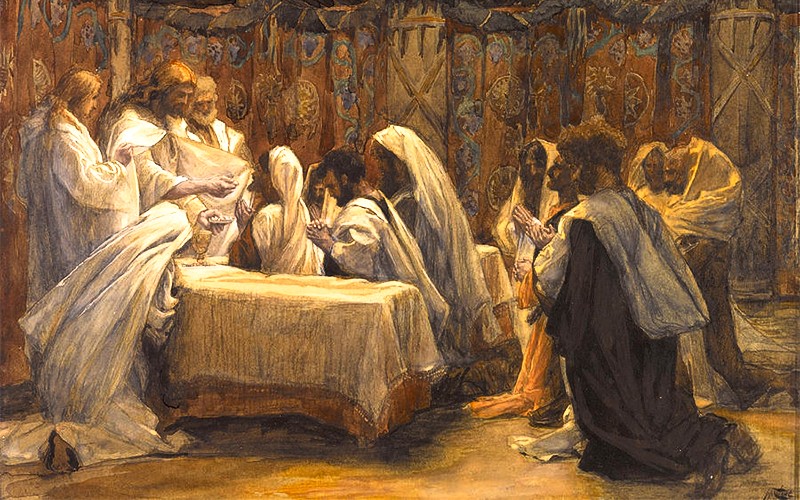Jesus and His Triumphant Victory Over Death
Holy Week! An inspiring time for all of us to exalt the great victory of Jesus over the last enemy to be destroyed by human beings: death. If you allow me, I would like to bring you an excerpt from my book Os mortos não morrem [The Dead Do Not Die]. In the opening pages I ask:
Why do I write about Jesus and His Invisible Government right at the beginning of this book? For a very simple reason: from Him and His universal teachings comes the inspiration that encourages the productive debate on a topic that is as crucial as it is fascinating.

That explains why I rejoice in reproducing what I wrote in Santa Maria de Arnoso, Lugar de Lages (Portugal), on April 15, 2001, a Sunday of Jesus’ Resurrection and His Triumphant Victory over the impossible. Here are my words:

Alziro Zarur
When the Divine Master defeated death—which is to say, the only fatality in this world, since everything else can be materially overcome—His Apostles and Disciples were invested with such power and courage that led them to propagate the teachings of the Sublime Resurrected all over. I am not referring to the generation contemporary with the Eminent Shepherd only, but also to the generations that followed. The Resurrection of Christ is a watershed in the history of our planet. We are here today, once again defending what He preached, thanks to the efforts of crowds from all areas of spiritual and human knowledge from the many currents of thought. Over the millennia, those luminaries never neglected the memorable lessons of humanity and of Ecumenical Spirituality that He taught, and acted as witnesses in distinct ways, whether they were aware of it or not.

Alziro Zarur (1914-1979), late founder of the Legion of Good Will and proclaimer of the Religion of God, of the Christ, and of the Holy Spirit, used to point out in his famous speeches that, “if Jesus had not resurrected, Christianity would not exist.”

The comments do not represent the views of this site and are the sole responsibility of their authors. It denied the inclusion of inappropriate materials that violate the moral, good customs, and/or the rights of others. Learn more at Frequently asked questions.